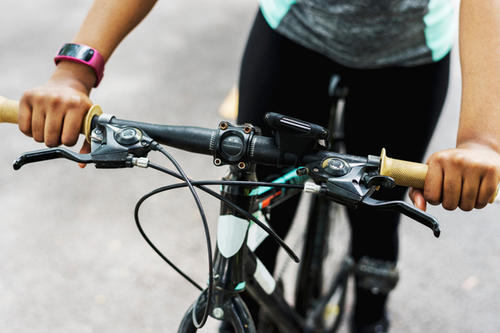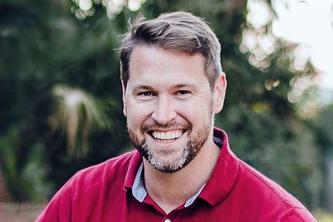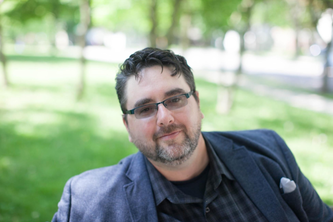
When it comes to a daily commute, what makes a person happier? That’s the question a University of Minnesota researcher asked as she sought to better understand the connections between daily travel behavior and emotional well-being.
In research recently published in Transportation Research Part A: Policy and Practice, Yingling Fan, Ph.D., a professor in the Humphrey School of Public Affairs and a scholar in the Center for Transportation Studies, and a colleague from Northwest University, China, examined how trip mode, duration, purpose and companionship impacted a person’s well-being in the United States.
“Transportation plays an important role in our daily lives and Americans spend a significant amount of time per day on daily trips,” said Fan. “It is important to know whether some trip types are more likely to induce positive emotions after controlling for personal factors.”
The study’s findings tied to travel modes include:
- cycling is the happiest mode of transport;
- between driving a car and riding in a car, respondents say driving is much more painful;
- happiness levels of rail trips are found to be no different from car trips, but higher than bus trips.
Based on these findings, Fan recommends transportation planners promote cycling—currently used by about one percent of U.S. commuters—among their citizens and improve transit user experiences. Because public transit can help address job access, traffic congestion and environmental concerns, Fan states that without making public transit more emotionally pleasant, it may be difficult to encourage people to use it.
Researchers also found that:
- trip duration has a negative association with happiness and a positive association with stress;
- travel for discretionary purposes (e.g., exercise, community activities) is generally associated with higher levels of positive emotions and lower levels of negative emotions than travel for work or household maintenance;
- trips with eating and drinking purposes appear to be the happiest.
“Of course, family and friends play a role in how we feel about travel. Our research shows that travel with friends or family, especially with children, is not only happier, but more meaningful, than traveling alone,” said Fan.
Fan suggests planners create strategies leading to a built environment that is more conducive to shorter trips, more discretionary trips and more joint trips with family and friends.
This research is supported by the National Science Foundation, U.S., (Award No. 1444745) and the National Natural Science Foundation of China (Grant No. 51608443).
About the Humphrey School of Public Affairs
The Humphrey School of Public Affairs at the University of Minnesota is ranked as one of the country’s top 10 professional public policy and planning schools. The School is long noted for equipping students to play key roles in public life at the local, state, national and global levels and offers six distinctive master’s degrees, a doctoral degree, and six certificate programs. Learn more at hhh.umn.edu.
- Categories:
- Law and Policy





